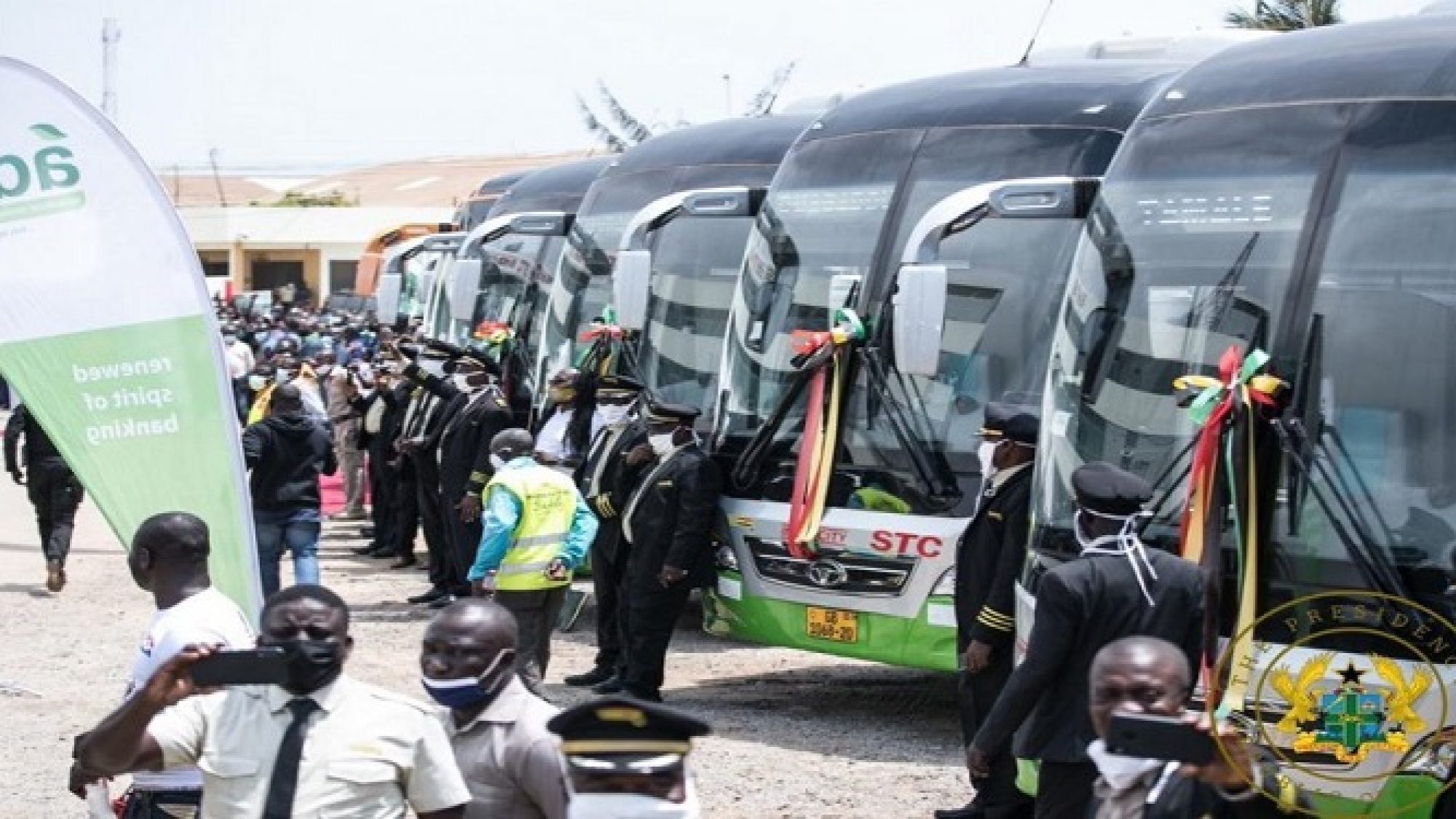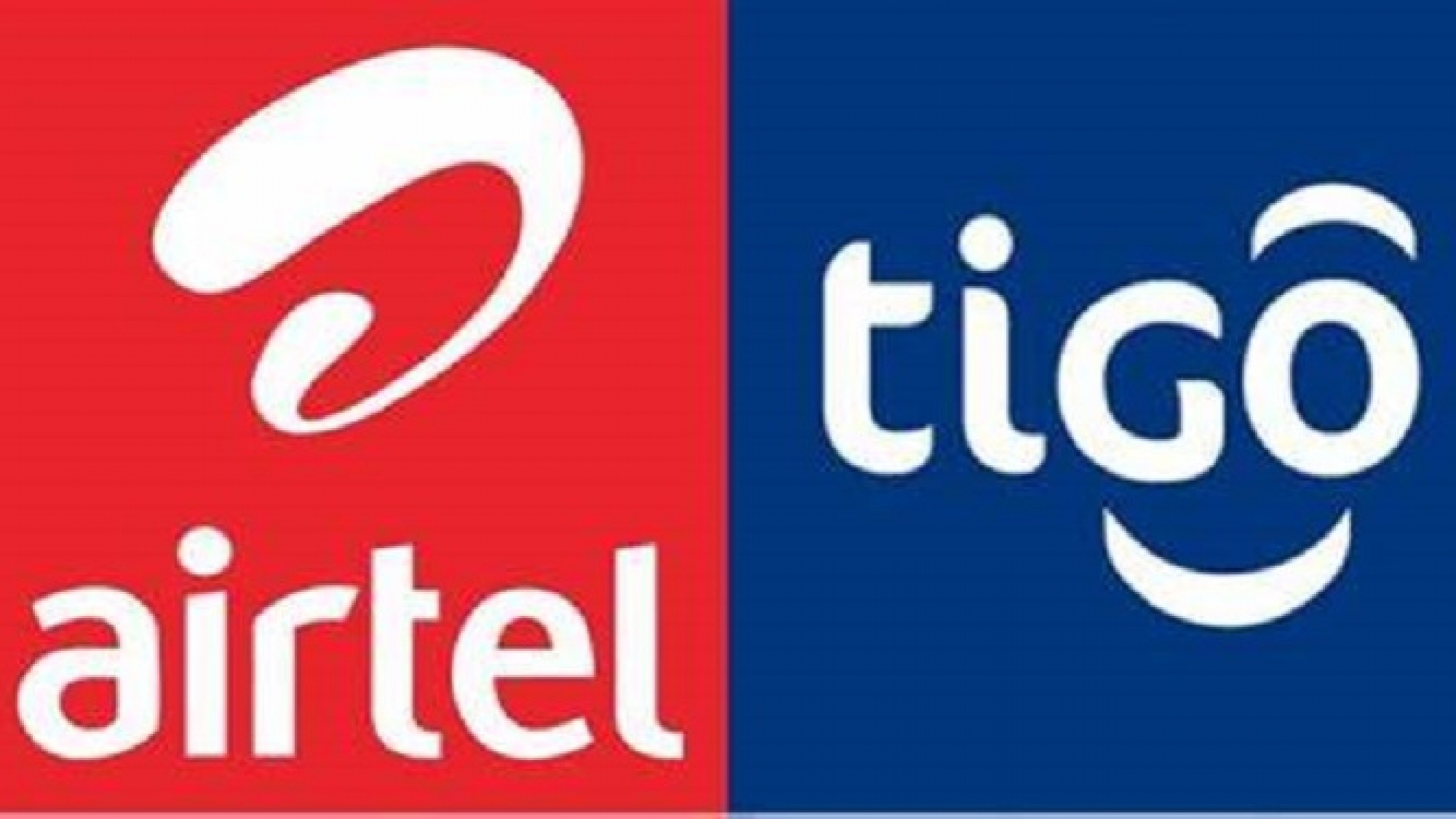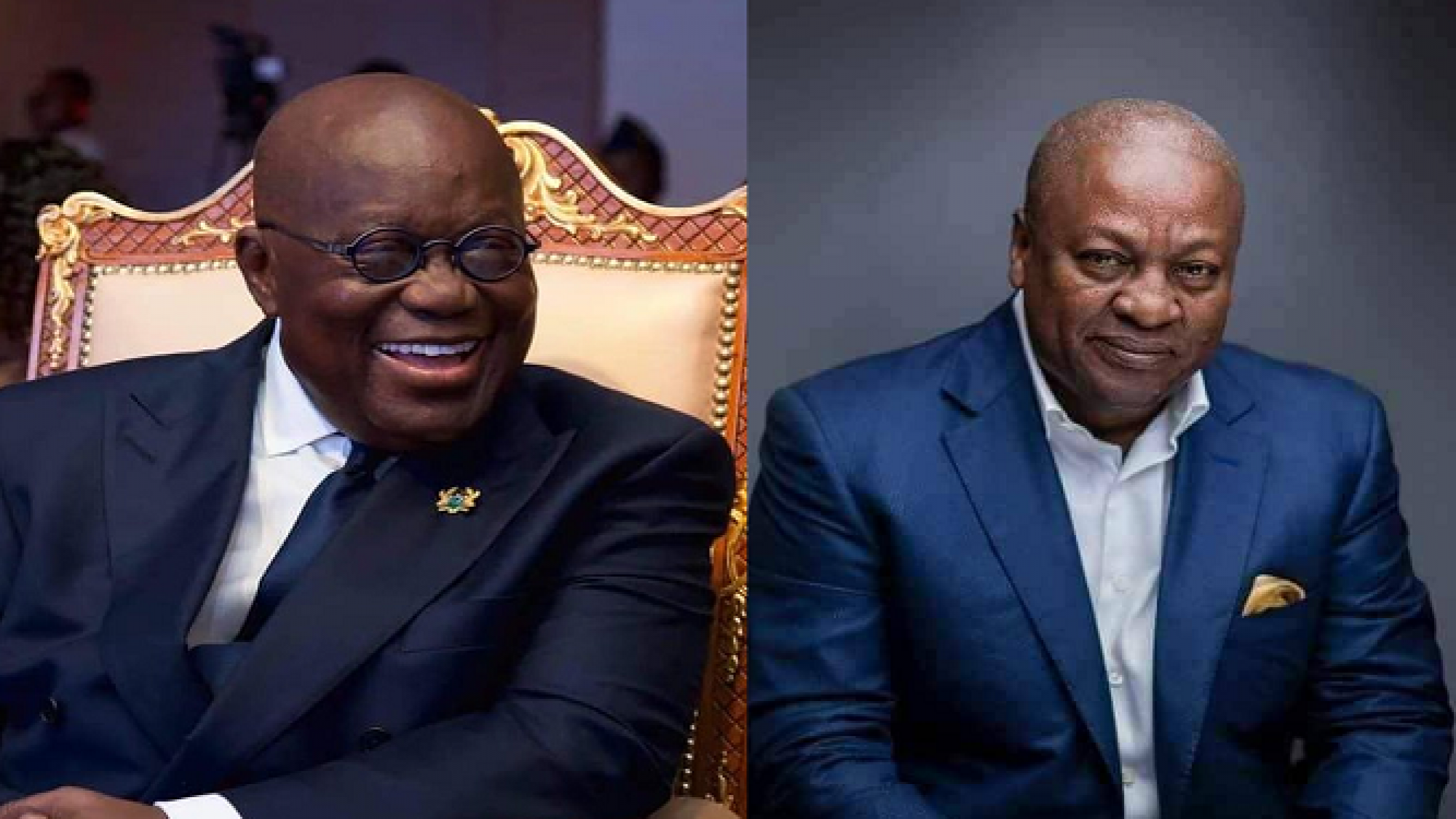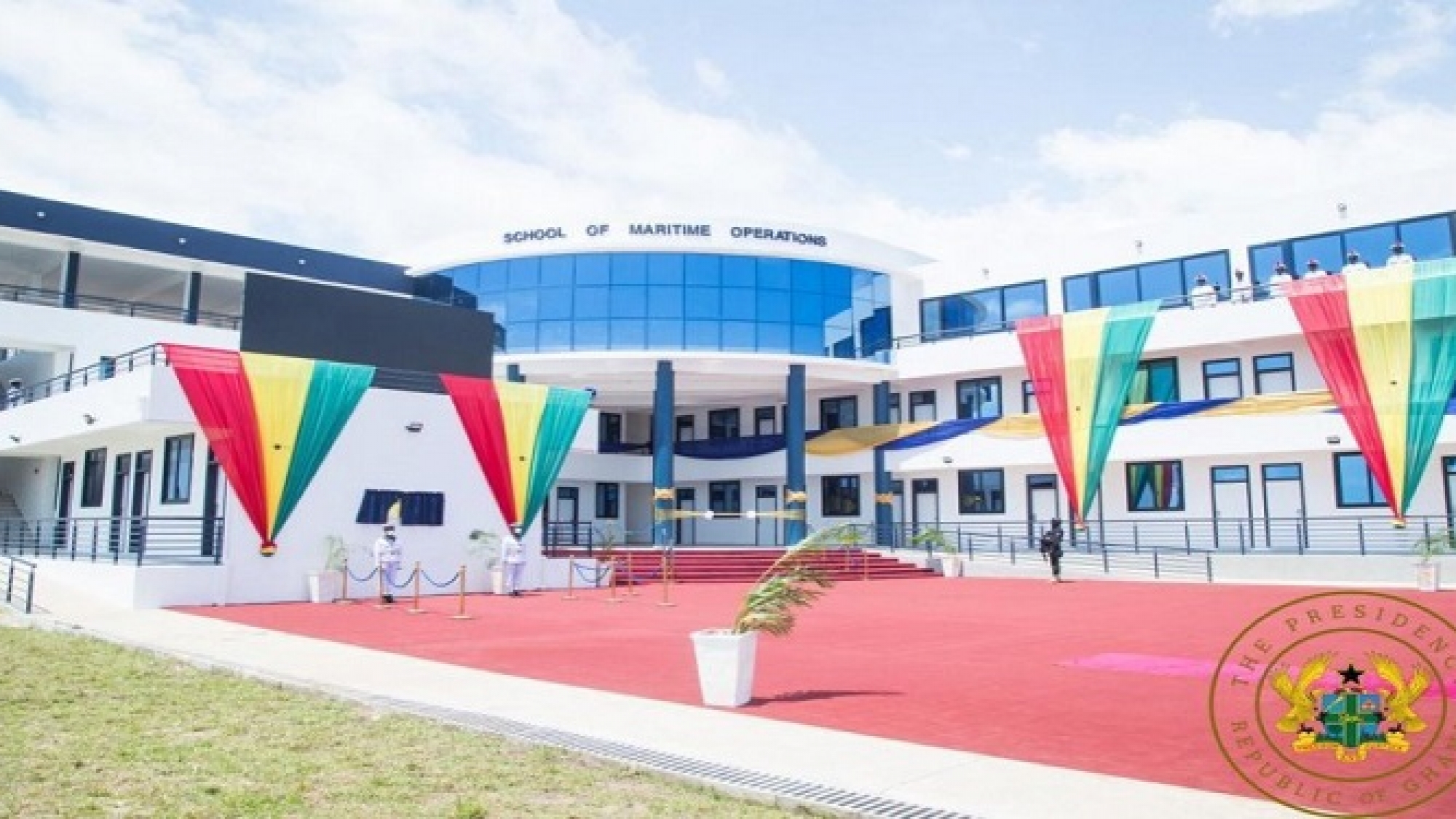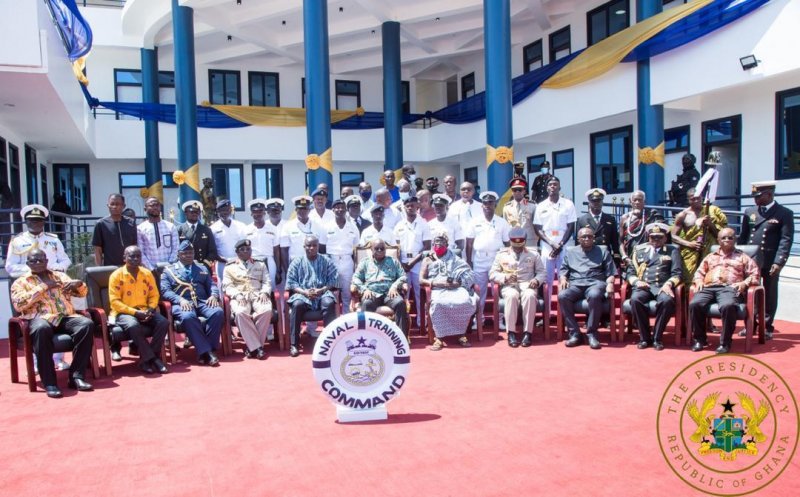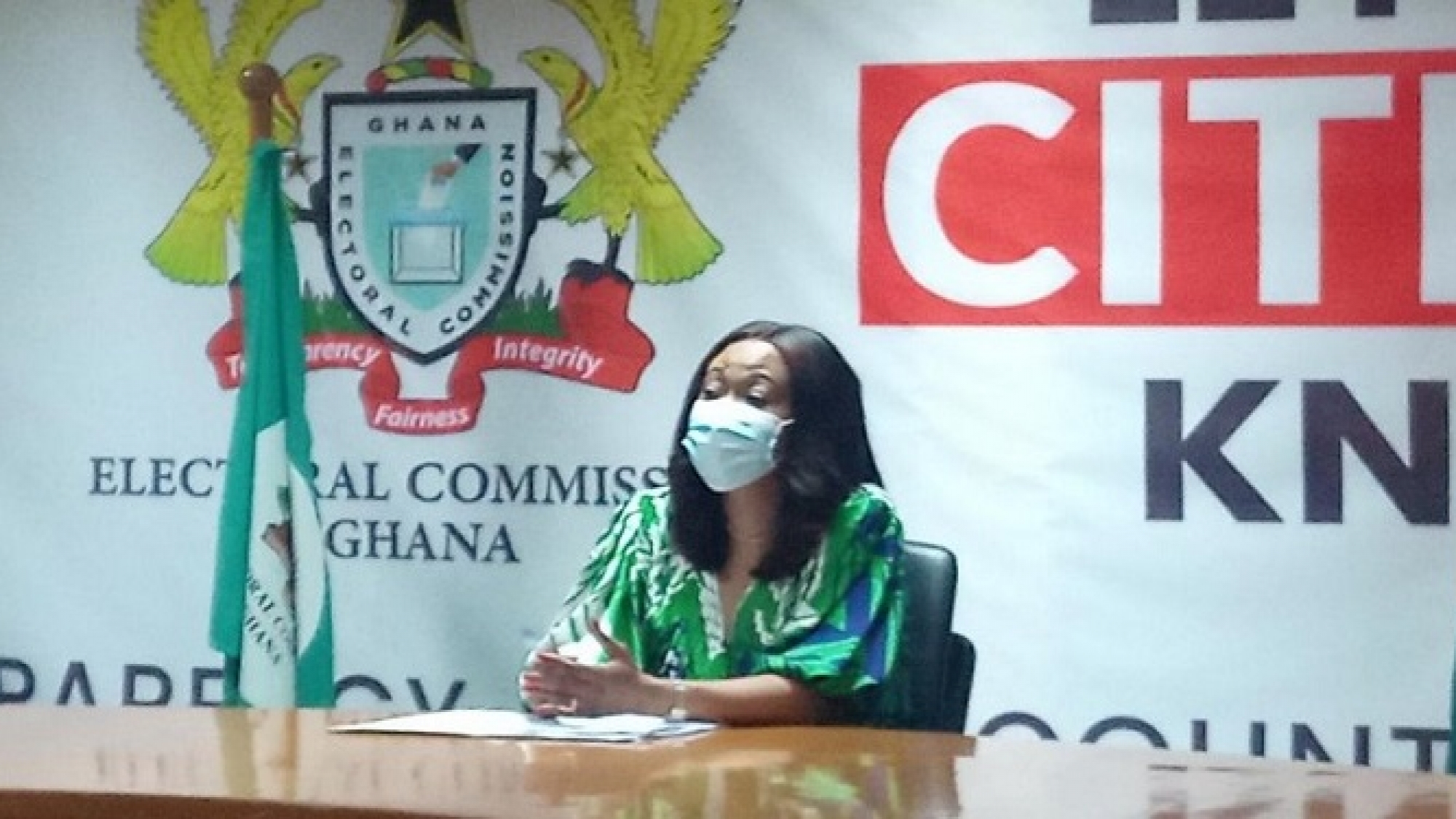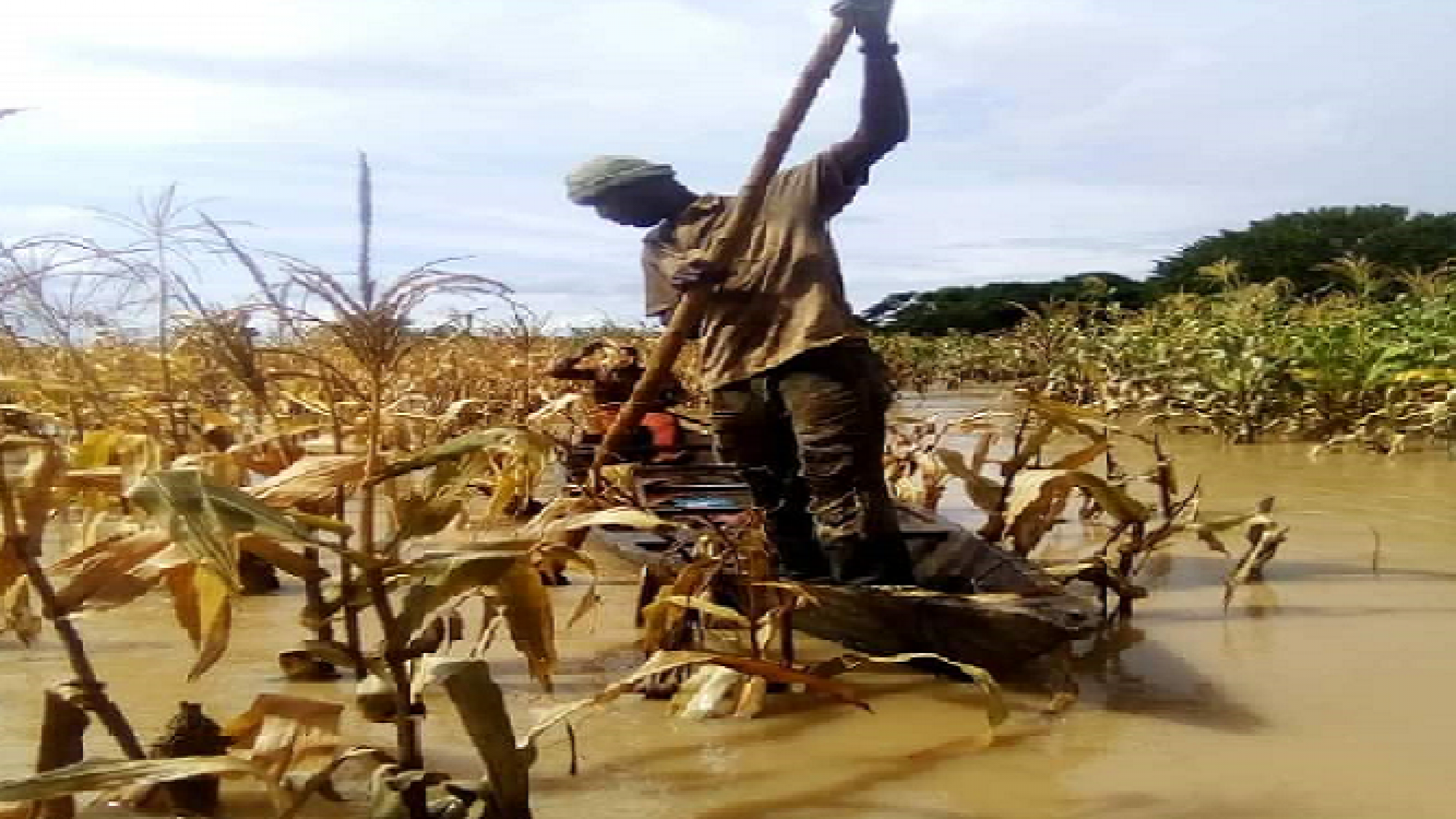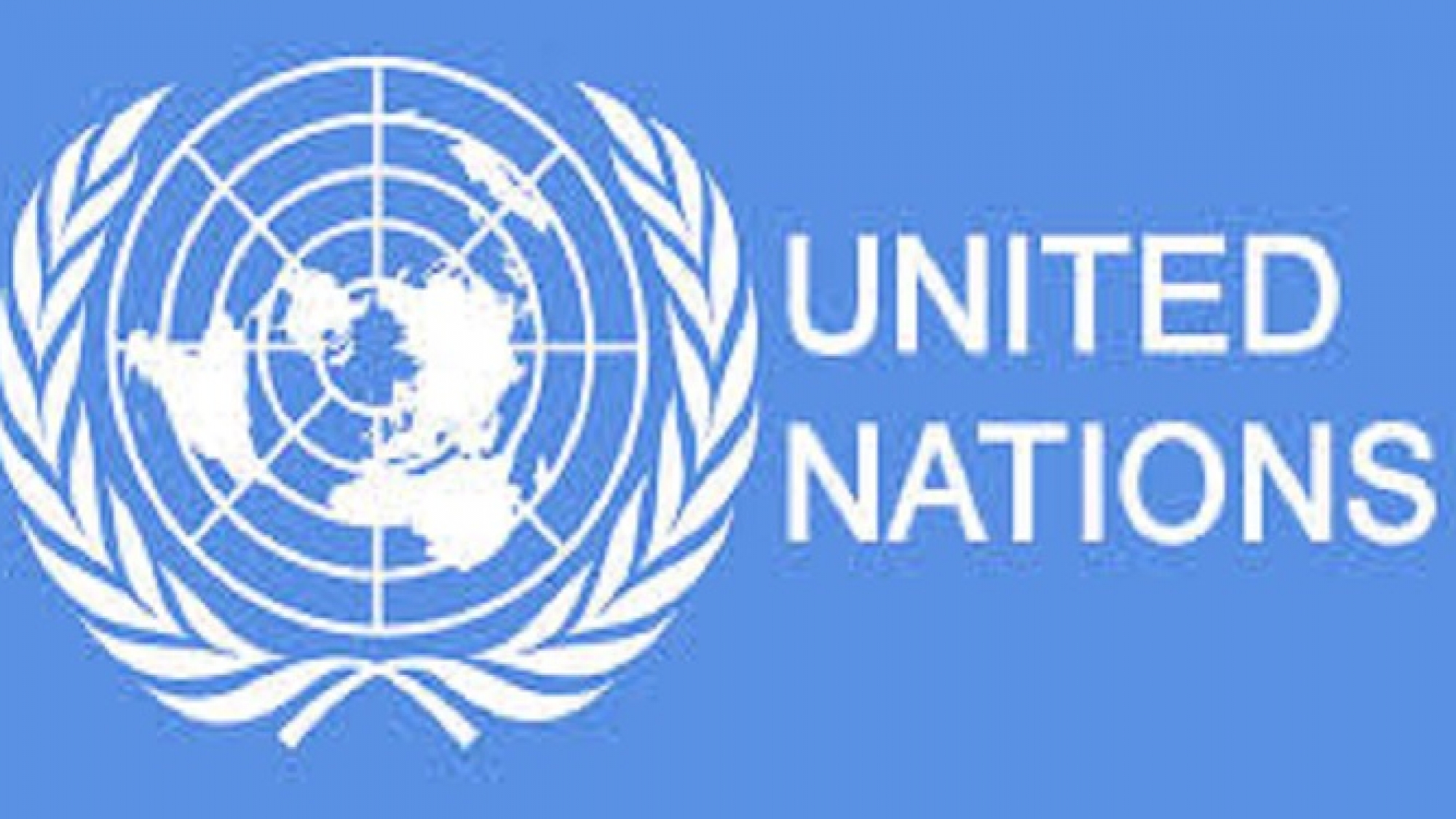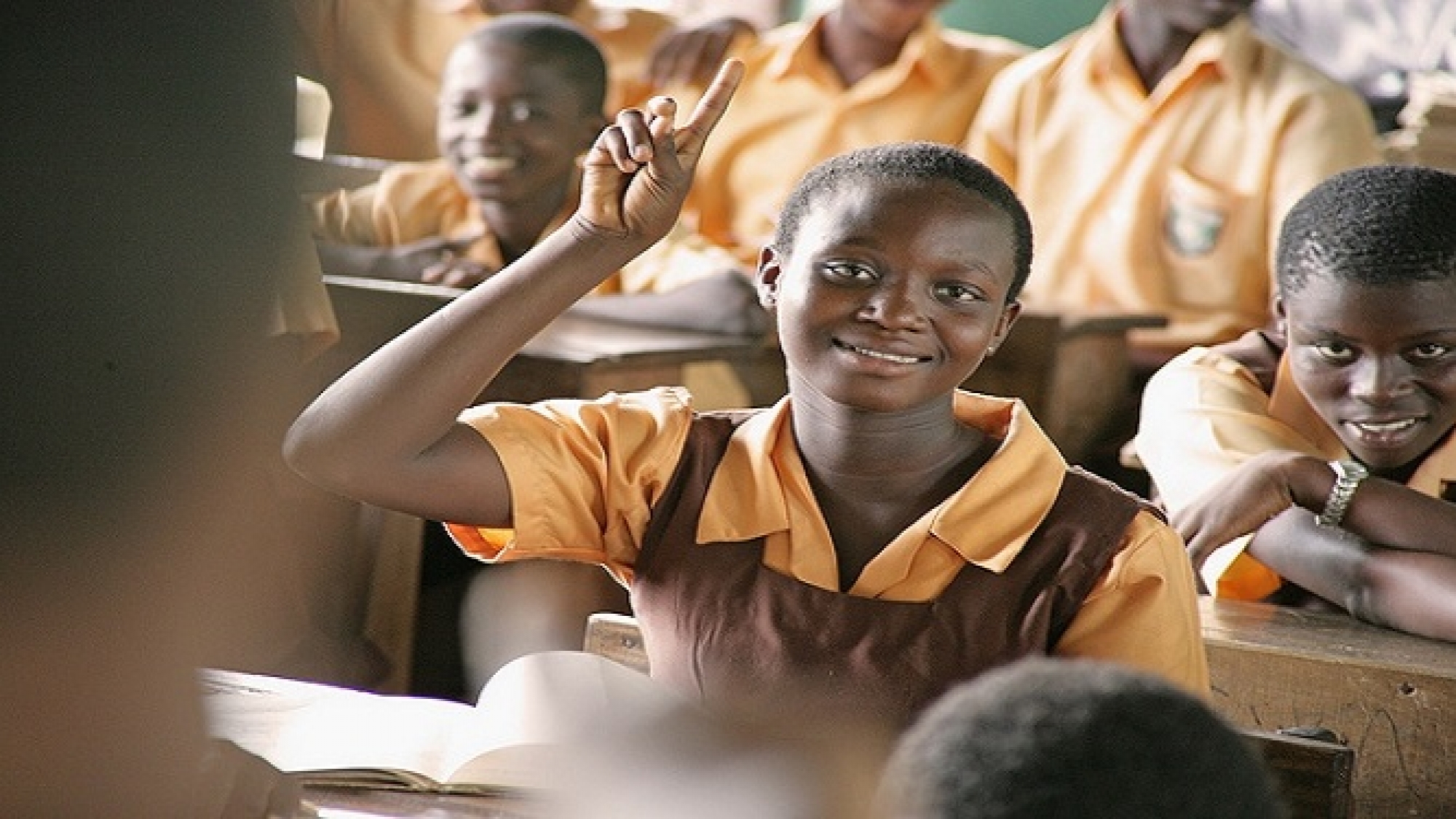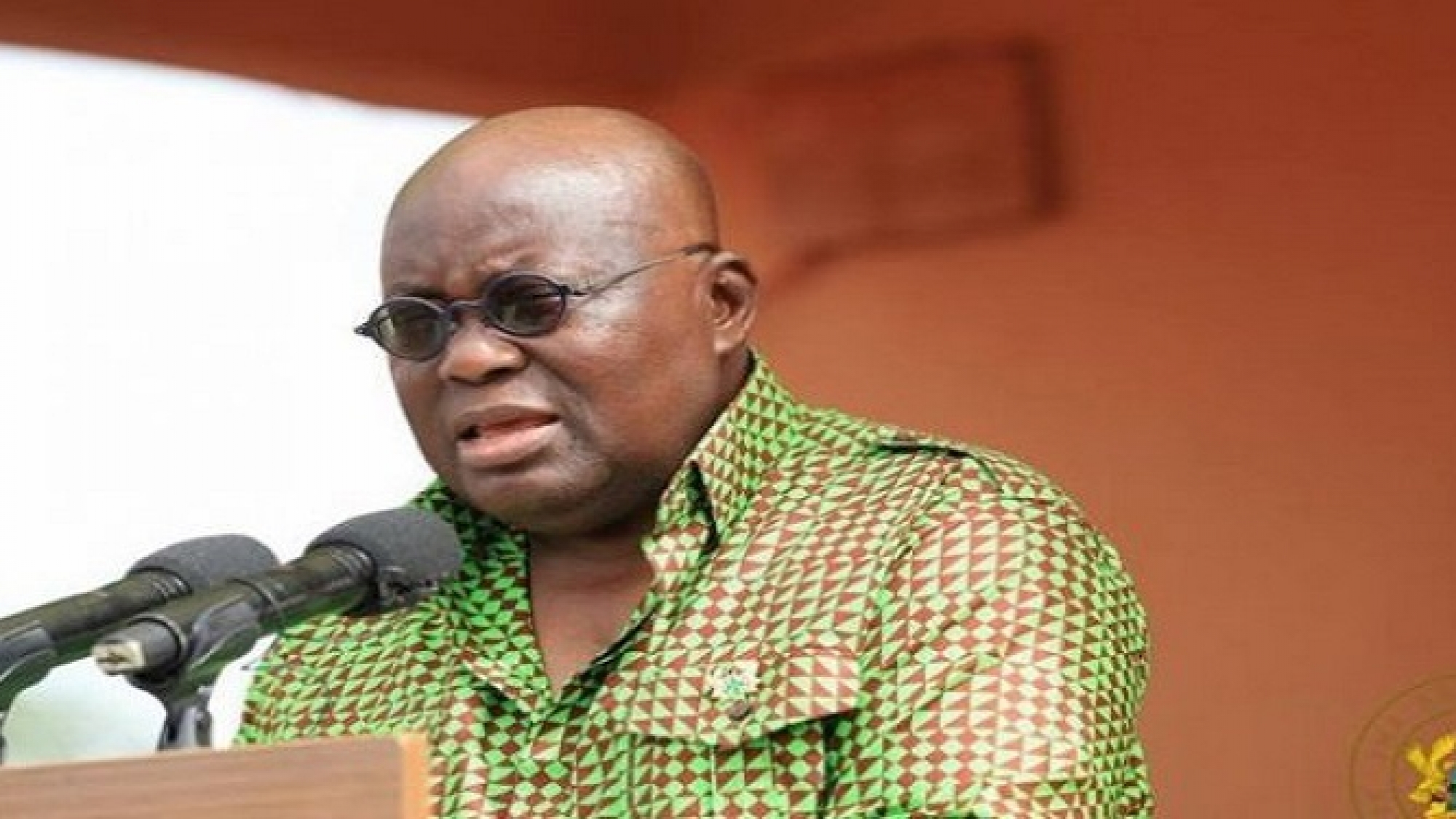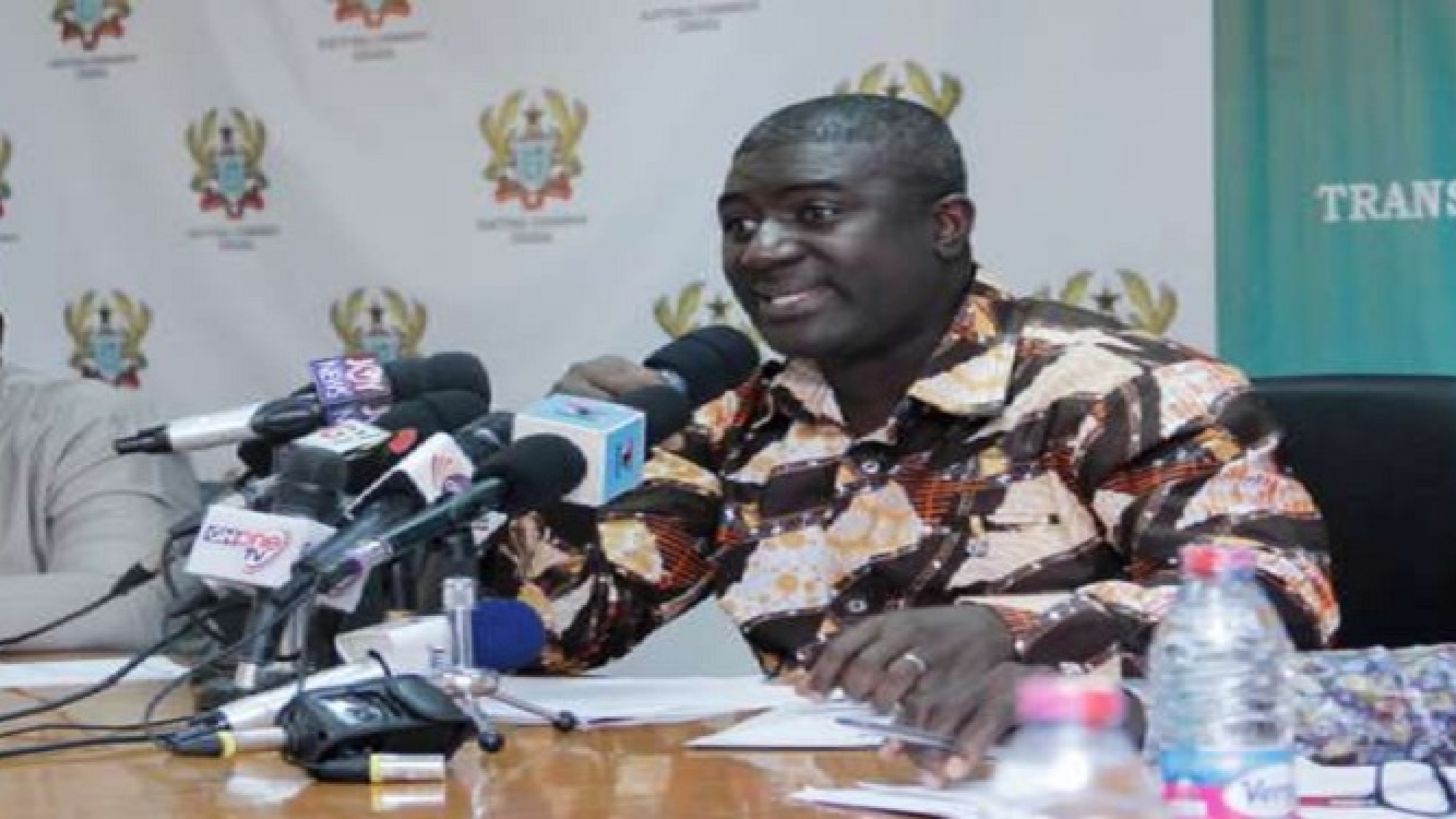The torrential rains that devastated parts of the North East Region recently have subsided, but the humanitarian situation in the area remains dire.
Some 13,469 people across the region have had their houses completely destroyed by the floods and are currently putting up in schools, churches and temporary camps set up by the North East Regional Secretariat of the National Disaster Management Organisation (NADMO).
Speaking to the Daily Graphic yesterday, the North East Regional Director of NADMO, Mr John Kweku Alhassan, said aside from internally displaced people, 51,736 others were also affected by the floods in other ways.
The North East Regional NADMO Office itself is overstretched and has called for support to contain the situation.
Mr Alhassan, who described the development as “very devastating,” appealed to corporate bodies and individuals to go to the aid of the flood victims to lessen their plight.
Heavy rains/spillage
From the middle of August to the end of September this year, parts of the North East Region experienced massive flooding as a result of heavy rains, which were compounded by the opening of the spill gates of the Bagre Dam in Burkina Faso.
This year’s spillage was seen as unprecedented. The daily average rate of release from the dam was between 76.5 cubic metres per second (m3/sec) and 473.1 m3/sec, with an exceptional rate of 1,108.02 m3/sec released on August 27, 2020.
Veep donation
Recently, the Vice-President, Dr Mahamudu Bawumia, made a cash donation of GH¢135,000 and relief items to the victims, while NADMO also presented quantities of relief items to them.
While commending the Vice-President for the donation, Mr Alhassan said more was needed to restore normalcy.
He said the organisation was concerned about the safety and protection of the thousands of vulnerable in these trying times and “that is why I am appealing to corporate institutions and benevolent individuals to come in to save the situation.”
Depressing statistics
Providing more depressing statistics to back his appeal for support, Mr Alhassan zeroed in on internally displaced people on a district basis.
He gave the district breakdown of people who were internally displaced by the floods and had their buildings collapsed as: 8,662 in Chereponi; 882 in Mamprugu Moaduri; 1,496 in West Mamprusi; 1,297 in East Mamprusi; 547 in Yunyoo-Nasuam and 612 in Bunkpurugu-Nakpanduri.
The gender breakdown was 10, 990 male adults, 12,724 female adults, 13,087 male children and 14, 935 female children below 18 years, he said.
He added that the death toll in the region stood at 10.
Farmlands
Large swathes of farmlands were not spared, with official figures putting the total acreage devastated by the floods at 19,690.
Food crops destroyed included rice, millet and sorghum.
Following that, there have been concerns that the region, which is one of the food baskets of the country, could experience food crisis if support does not come in.
Speaking to the Daily Graphic yesterday, the North East Regional Director of Agriculture, Dr Bernard My-Issah, said farmers had had a terrible experience.
“If you quantify the loss, it is unimaginable,” he said.
Cut off
Mr Alhassan said presently some communities in the Mamprugu Moaduri District and the West Mamprusi municipality could still not be accessed, as they had been cut off by flood waters.
He said NADMO officials would have to wait for the flood waters to recede before they could access those places with canoes.
“If you want to go to the Mamprugu Moadri District, you cannot use the Kpefenkpa road from Walewale, the West Mamprusi capital, through Wulugu, a journey of about three hours. Now you have to go through Bolgatanga-Navrongo-Fumbisi in the Upper East Region, which is about eight hours, before reaching Yagba-Kubori, the capital of Mamprugu Moaduri,” he said.
He added that some farmlands below the Nakpanduri Scarp in the East Mamprusi municipality could not be accessed because of the high level of flood waters.
Relief items/cash
The NADMO regional head said the flood victims who had so far received the GH¢135,000 cash donation and relief items from the Vice-President were 1,619 in the West Mamprusi municipality and 8,423 in the Mamprugu Moaduri District.
Mr Alhassan said NADMO had also distributed relief items, comprising rice, maize, cooking oil and non-food items such as blankets, rubber mats and mosquito coils, to some affected people in East Mamprusi municipality and the Bunkpurugu and the Yunyoo districts.
Those meant for Chereponi were yet to get there because the items were not enough for the 15 communities along the Oti River, he said.
Northern Region
The Assembly Member for Nawuni in the Kumbungu District in the Northern Region, Mr Alhassan Yussif, whose house collapsed in the floods that hit Nawuni and Afayili, said he and families from about 70 houses that collapsed were currently putting up in the Nawuni Roman Catholic Primary School.
He said what they needed now were roofing sheets and bags of cement to enable them to rebuild their collapsed houses before schools reopened in January next year, adding that their predicament would have worsened if schools were in session.
He thanked NADMO, the Member of Parliament for Kumbungu, Mr Ras Mubarak, and benevolent organisations for going to their aid with food items to support their upkeep.
Mr Yussif said Stanbic Bank had also pledged to donate some relief items and build them temporary structures with sanitary facilities to alleviate their suffering.
Source: Graphic.com.gh





